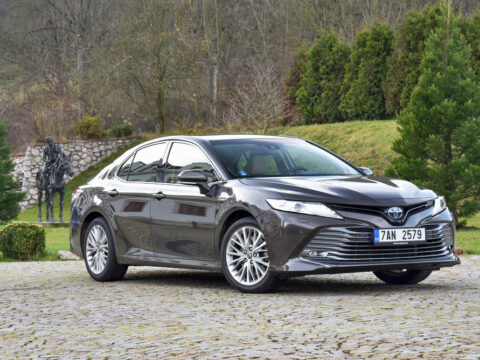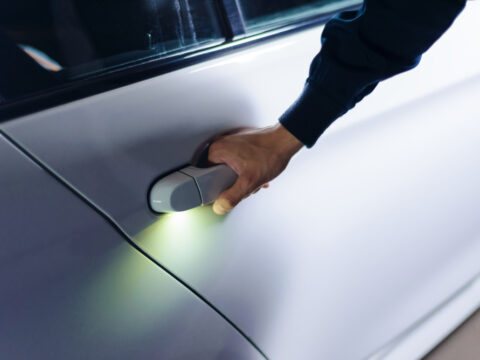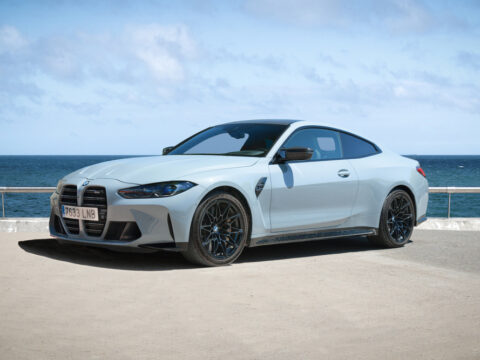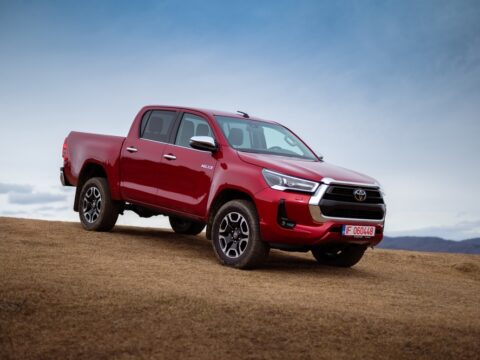The allure of the sports car has captivated the hearts of car enthusiasts for decades. With the ability to turn heads and quicken pulses, these vehicles represent more than just a mode of transport—they embody a certain lifestyle, a certain level of achievement, and a specific image. This article delves into the multifaceted appeal of these powerful machines.
Contents
Speed and Thrill

Fast cars are often associated with a sense of thrill and exhilaration that few other everyday activities can provide. The adrenaline rush from accelerating a high-performance vehicle is a primary reason why people love fast cars. A study from the University of California, Berkeley found that experiencing excitement can enhance life satisfaction, and driving a fast car can be a major source of such excitement.
Status Symbol

Fast cars, especially luxury sports cars, often serve as status symbols. They can signify wealth, taste, and sometimes even social position. According to a 2021 study published in the Journal of Consumer Research, conspicuous consumption, such as owning a fast and luxurious car, directly relates to status signaling. People can derive satisfaction from the perception that others may admire their display of wealth and success.
Technology and Innovation

The technology and innovation that go into fast cars can be fascinating. High-speed vehicles often encompass the latest automotive technology, from cutting-edge aerodynamics to highly efficient engines. A 2020 report from McKinsey highlighted that consumers increasingly demand advanced technology and connectivity in their vehicles. For tech enthusiasts, the appeal of a fast car can be as much about the engineering that makes it possible as it is about the speed.
Precision and Control
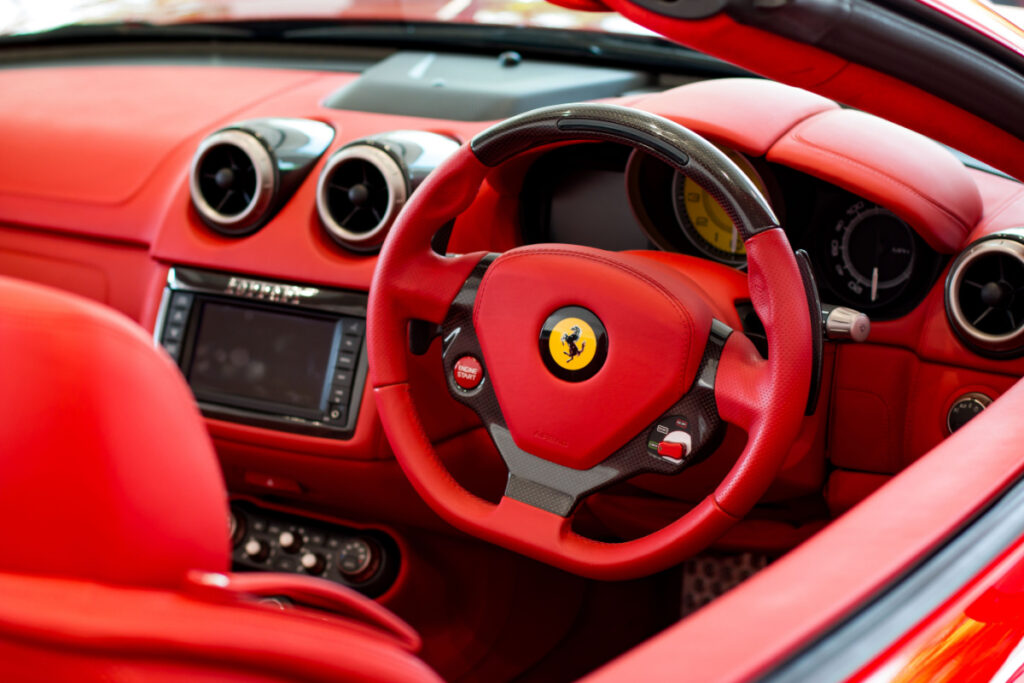
The handling and control offered by high-performance cars are attractive to many. Fast cars are designed to accelerate quickly and provide precise control, even at high speeds. A 2019 YouGov survey showed that 55% of people who prefer driving fast cars cite handling and control as significant factors in their preference.
Competitive Spirit
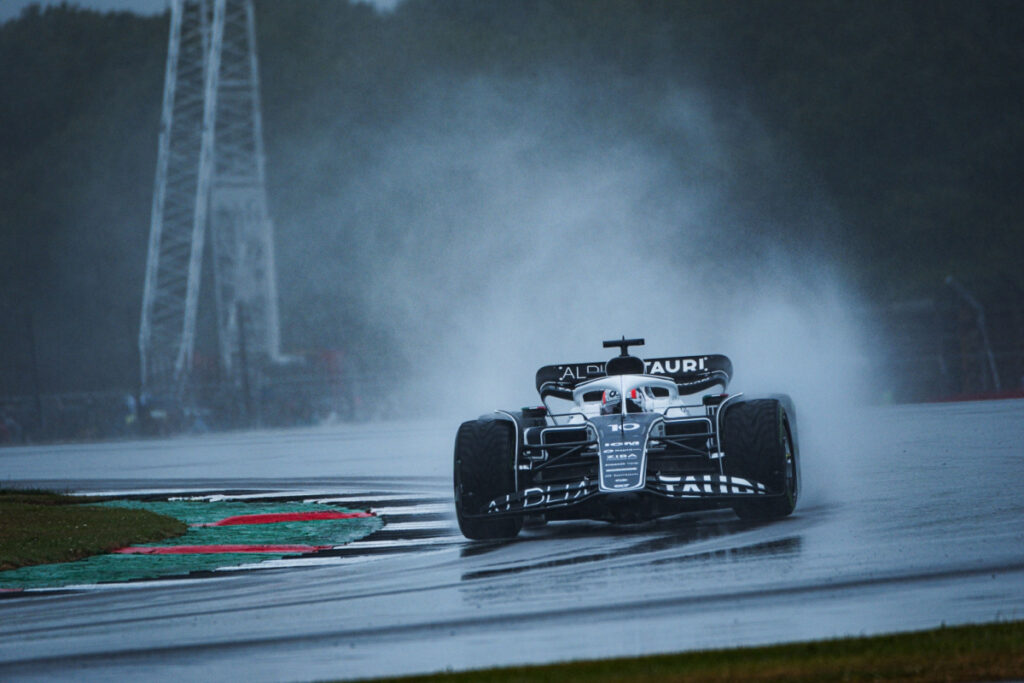
A competitive spirit also drives the love for fast cars. People enjoy the thrill of competition, and fast cars are a tangible way to experience it. According to Nielsen ratings, this is seen in the popularity of auto-racing sports like Formula 1, which had a cumulative global TV audience of about 1.9 billion in 2020.
Aesthetics

Fast cars are often aesthetically pleasing, with sleek, aerodynamic designs and luxurious interiors. The design and craftsmanship that go into these vehicles can make them as much a work of art as a mode of transport. A study in the Journal of Consumer Psychology in 2020 highlighted that the aesthetic appeal of a product, such as a car, significantly affects consumer preference.
Performance
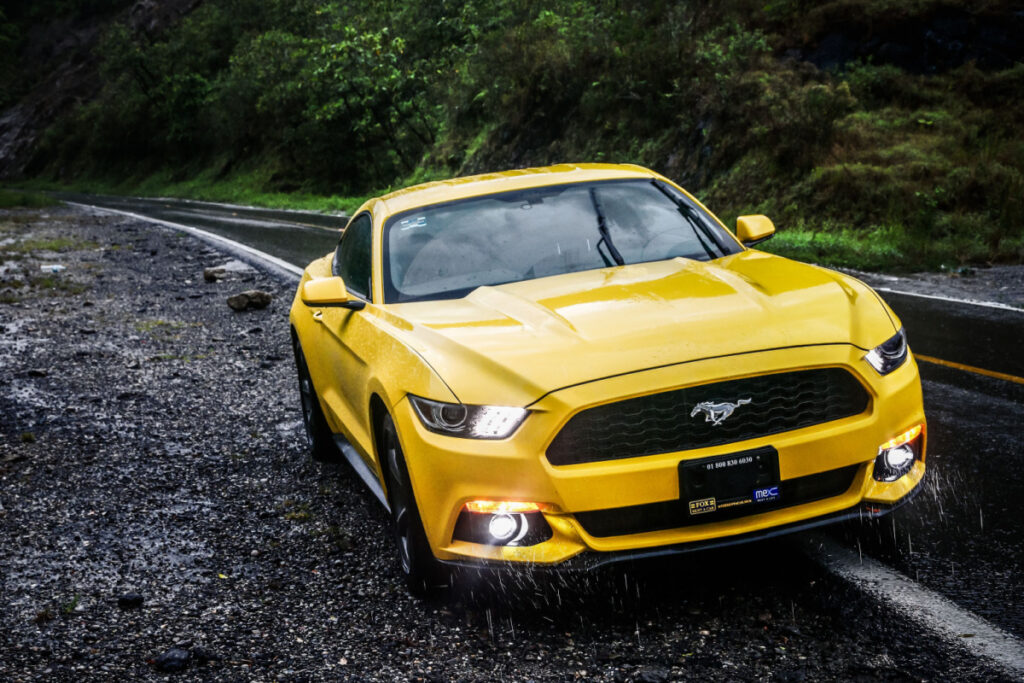
The superior performance of fast cars is a huge draw for many. These vehicles are designed to be the best in power, acceleration, and top speed. A 2020 survey by the American Automobile Association found that over 40% of Americans looking to buy a new car are interested in vehicles with higher performance features.
Historical and Cultural Significance

Fast cars have a historical and cultural significance that adds to their allure. They are often associated with iconic films, TV shows, and racing events, thus becoming symbols of cultural relevance. Classic fast cars have also been shown to be good investments. According to the Historic Automobile Group’s index, the value of classic cars rose by 500% over the decade leading to 2021.
Sense of Freedom

Driving a fast car can also provide a sense of freedom and escape. The open road and the potential for speed can be liberating, and a fast car allows drivers to experience this to the fullest. A psychological study published in 2019 in the Journal of Personality and Social Psychology linked driving with a sense of autonomy and control, contributing to overall life satisfaction.
Personal Achievement

Owning and driving a fast car can be seen as a personal achievement. Whether it’s the culmination of a lifelong dream or a reward for hard work, the pride of ownership is a strong motivator. A 2019 Experian report showed that 39% of new car buyers consider their purchase as a reward for their hard work, reflecting the emotional connection people can have with their cars.
This article originally appeared on MyCarMakesNoise.

